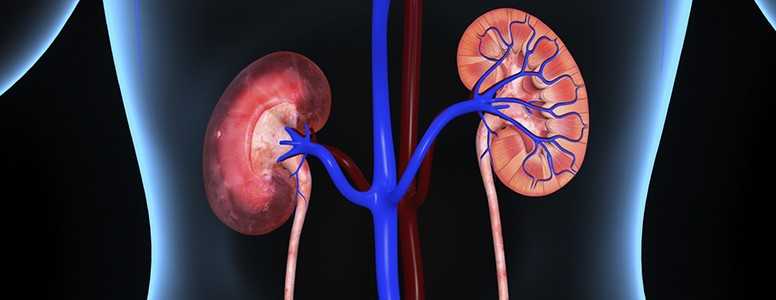The type 2 diabetes drug metformin could be used to help treat lung fibrosis condition in the future, researchers have said.
Idiopathic pulmonary fibrosis (IPF) or lung fibrosis is a respiratory disease which occurs when scars are formed in the lung tissues, leading to breathing problems. It can develop after lung injuries from infections or treatments like chemotherapy.
At the moment there is no effective treatment for the condition but this recent study showed metformin reversed it when administered into mice modelled to have the condition.
Metformin helps to lower blood sugar levels. It is usually prescribed to people with diabetes who have been unable to control their blood sugar through diet and exercise alone.
Researchers from the University of Alabama at Birmingham Department of Medicine investigated an enzyme called AMP-activated protein kinase (AMPK). AMPK helps to regulate metabolism and senses energy state in cells.
As part of the research they observed that, in people with IPF, AMPK activity was lower in myofibroblast cells in parts of lung tissue. Metformin is known to play a role in influencing AMPK activity and the researchers are likely to have chosen metformin for this reason.
When they tested metformin’s effects on fibrous activity, the drug lowered activity and also produced new energy-producing mitochondria, improving patients’ metabolism.
The researchers then tested metformin treatment on mice models of IPF. On its ow, metformin led to minimal improvement, but when combined with an anti-cancer drug called bleomyci, it accelerated the decline of fibrosis.
“These studies implicate deficient AMPK activation in non-resolving, pathologic fibrotic processes, and support a role for metformin (or other AMPK activators) to reverse established fibrosis by facilitating deactivation and apoptosis of myofibroblasts,” said the researchers.
Now, the researchers hope their findings could lead to metformin becoming a useful treatment for ceasing progression of lung fibrosis, although further trials will need to assess the drug’s capabilities in people with IPF.
Benedict Jephcote, Editor of Diabetes.co.uk, said: “With mouse studies, the mice are artificially modelled to have a condition. This tells us that a drug works well for that model. Human studies are then needed to see if the drug works in the organic world of human life as well, or nearly as well, as it does in the modelled environment.”
The research was published in the journal Nature Medicine.
What's new on the forum? ⭐️
Get our free newsletters
Stay up to date with the latest news, research and breakthroughs.





